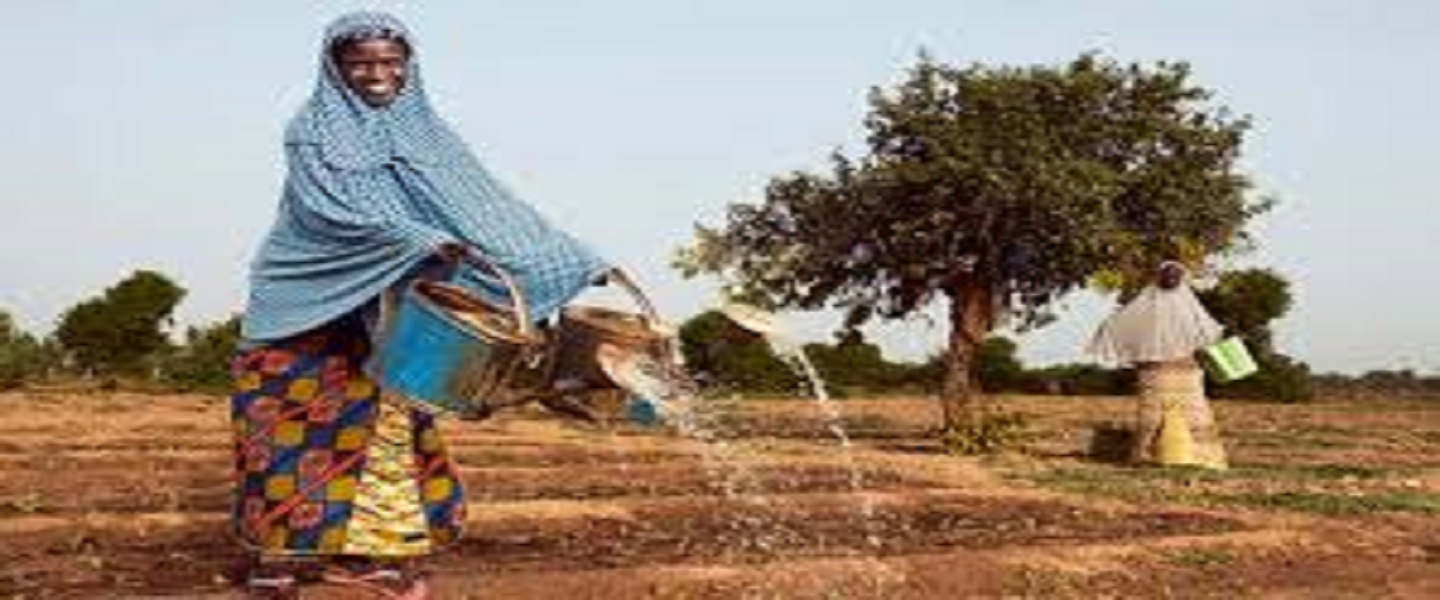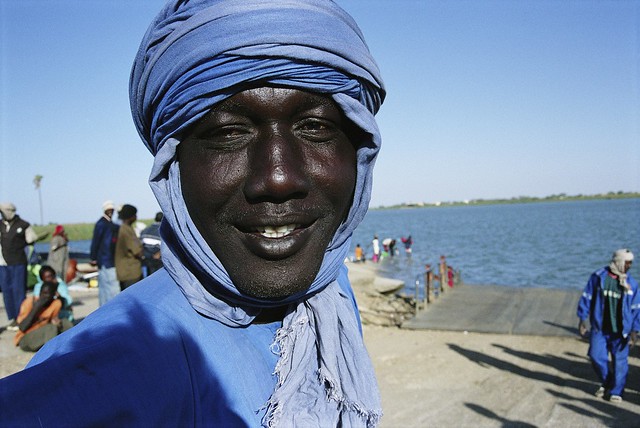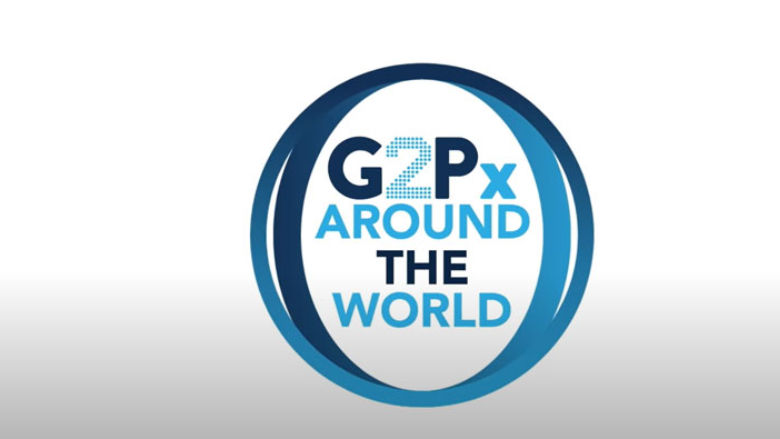A vast country with a long coastline and central plateau, Angola thrusts inland across Southern Africa to border Namibia, Botswana, Zambia, and the Democratic Republic of the Congo. Its principal cities, including its capital, Luanda, look west over the South Atlantic to Brazil, another Portuguese-speaking nation (like itself). It has a population of more than 36.75 million (World Bank 2023). A general population census is currently being conducted to gather updated information on the population size.
Economic Overview
Angola has significant economic potential. The country is rich in natural resources, it has large uncultivated arable land, benefits from favorable climatic conditions almost the entire year, adequate for almost all types of crops. Angola has also a demographic dividend potential, as about half of the population is young. Moreover, it benefits from a strategic geopolitical location that can facilitate the promotion of regional integration.
However, its growth potential has been constrained by the lack of economic diversification, as a result of dependence on the oil sector. As a result, economic volatility has led to recurrent episodes of macroeconomic instability, which have undermined growth and contributed to high levels of poverty and inequality.
The government has implemented a number of structural reforms to improve macroeconomic management and public sector governance. Key reforms include the adoption of a more flexible exchange rate regime, sound monetary policy, fiscal consolidation (such as fuel subsidies reforms), improved debt transparency and management, and State-Owned-Enterprises reform and privatization. The pace of reforms has been loosening due to limited institutional capacity, coordination, and communication.
Growth has recovered strongly to 4.4% in 2024 from 1.1% in 2023. This marks the most significant annual expansion since 2014. Recovery was led by the oil and mining (diamonds) sectors, services (driven by commerce), and agriculture (driven by fishing). The current account surplus recovered to an estimated 6.7% of GDP from 4.6% in 2023 thanks to lower imports of refined fuel products. As a result, gross international reserves improved to $15.7 billion in 2024, covering around 7.9 months of prospective imports. The currency depreciated by only 10% against the US dollar in 2024, after a depreciation of 64% in 2023.
Inflation accelerated from 20.4% in 2023 to 27.5% in 2025, driven by higher food prices and a diesel price adjustment. The Central Bank of Angola reacted by tightening the monetary policy stance with a 250 basis points increase in the policy rate to 19.5% (since November 2023). Public finances have deteriorated slightly. Oil revenues improved due to higher oil prices and production; however, they were more than offset by a reduction in non-oil revenues and higher expenditure. Interest payments on public debt absorb about 6.2% of GDP, more than a quarter of total expenditure. The overall fiscal deficit deteriorated from 0.7% in 2023 to 1.5% in 2024. Public debt has declined to about 70.9% of GDP from 89%, due to higher nominal GDP growth.
Rising inflation and declining per capita income have strained household purchasing power, especially for the less well-off. This has been reflected by the continuous decline in the consumer confidence index to the lowest level since 2020. This year, more than a third of the population is projected to live on less than $2.15 per day. To mitigate the economic impacts of the fuel subsidy reform, the government has expanded the cash transfer program ‘Kwenda’ to urban and peri-urban areas, where the impacts of the fuel subsidy reform are expected to be felt most.
Growth is expected to reach 3.2% in 2025, mostly driven by the strong dynamism of the non-oil sectors, as the oil sector is expected to return to its declining trend in the medium-term. However, structural constraints are projected to limit growth to 3.2% over 2026–27 on average, with real per capita GDP stagnating. Tight monetary policy is expected to contain inflationary pressures from the fuel subsidies reform. The fiscal stance is expected to loosen as the country approaches the next election cycle.
As a result, the overall balance is projected at an 2% of GDP over 2025–27 and public debt-to-GDP to stand around 70% by 2026–27. External balances are projected to stay strong, with international reserves covering over seven months of imports. High inflation and limited growth in per capita GDP are likely to keep poverty rates high, around 36% by 2026, underscoring the need for a stronger social safety net and more development spending. Risks remain high, as shocks to global oil prices and heightened global tensions may pose significant challenges.
Development and social challenges
Angola’s reliance on the oil sector has increased its vulnerability to external shocks and undermined macroeconomic stability. Strong real exchange rate appreciation has stunted the non-oil economy and limited economic diversification and job creation. The economy is not generating enough jobs to keep up with Angola’s growing working-age population, while 8 out of 10 workers are engaged in informal, low-productivity sectors. Youth unemployment poses a major challenge, with the unemployment rate for those aged 15-24 far exceeding the overall rate. High adolescent pregnancy rates, maternal and neonatal deaths, and child stunting highlight the need to invest in human capital development.
Diversification remains elusive while oil production is in structural decline and global decarbonization looms in the medium-term. Angola needs to urgently invest in removing barriers to private sector investment to achieve economic diversification to support growth, job creation, and poverty reduction.
Political Context
Angola operates under a multi-party system, where general elections are held every five years. The Popular Movement for the Liberation of Angola (MPLA) has been in power since the country gained independence from Portugal in 1975. In August 2022, the MPLA won the fourth post-war elections with 51% of the vote and secured President Joao Lourenço a second and final term in office.
Internationally, Angola is continuing to be assertive and demonstrating commitment to stability in Africa, particularly in the Democratic Republic of Congo, where it has led regional efforts to end conflict that threatens the entire Great Lakes Region.
Last Updated: Apr 11, 2025







